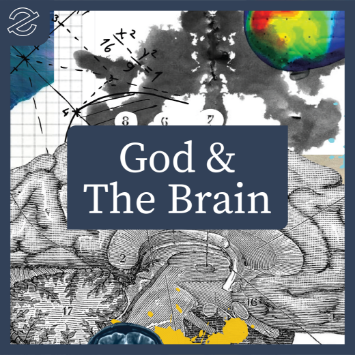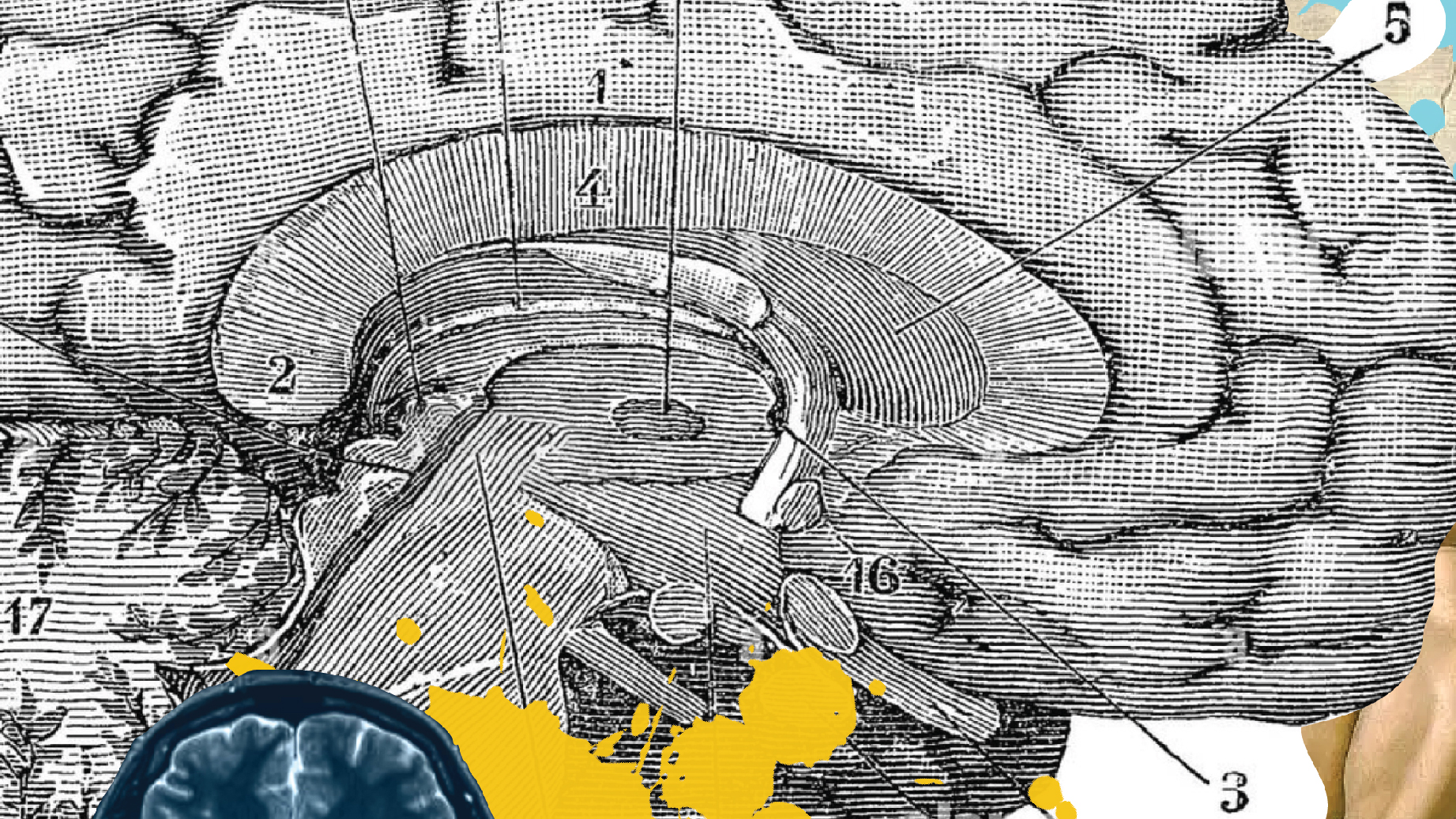
An Eden Project Podcast
Discipleship at the intersection of neurobiology, psychology, and attachment.
Featured

“A giant statue of a king on his throne . . . sort of like Zeus.” I walked down to a small lake and found a spot where just the Lord and I could meet. I was at a church staff retreat, tasked with answering one question: “What comes to your mind when you think about God?” A.W. Tozer says the answer to this question is the most important aspect about you. So given extended time to meditate on this prompt seemed a worthwhile endeavor. My untamed thoughts rambled, but soon, a familiar picture came to mind, an image of . . .
Latest

“A giant statue of a king on his throne . . . sort of like Zeus.” I walked down to a small lake and found . . .

Three out of every four people have, to varying degrees, some sort of dysfunctional experiential/emotional relationship with God. In September of 2006, Baylor University published . . .

Interestingly, as I was wandering around in the dimly lit world of psychoanalysis, a pressing question continued to nag at me until I finally decided . . .

Discipleship at the intersection of neurobiology, psychology, and attachment.

Sign up to receive weekly emails that include teaching, personal stories, and ways to connect with the Eden Project.
All subscribers also receive a free copy of our Triad Guide & How to Pray the Psalms Guide!